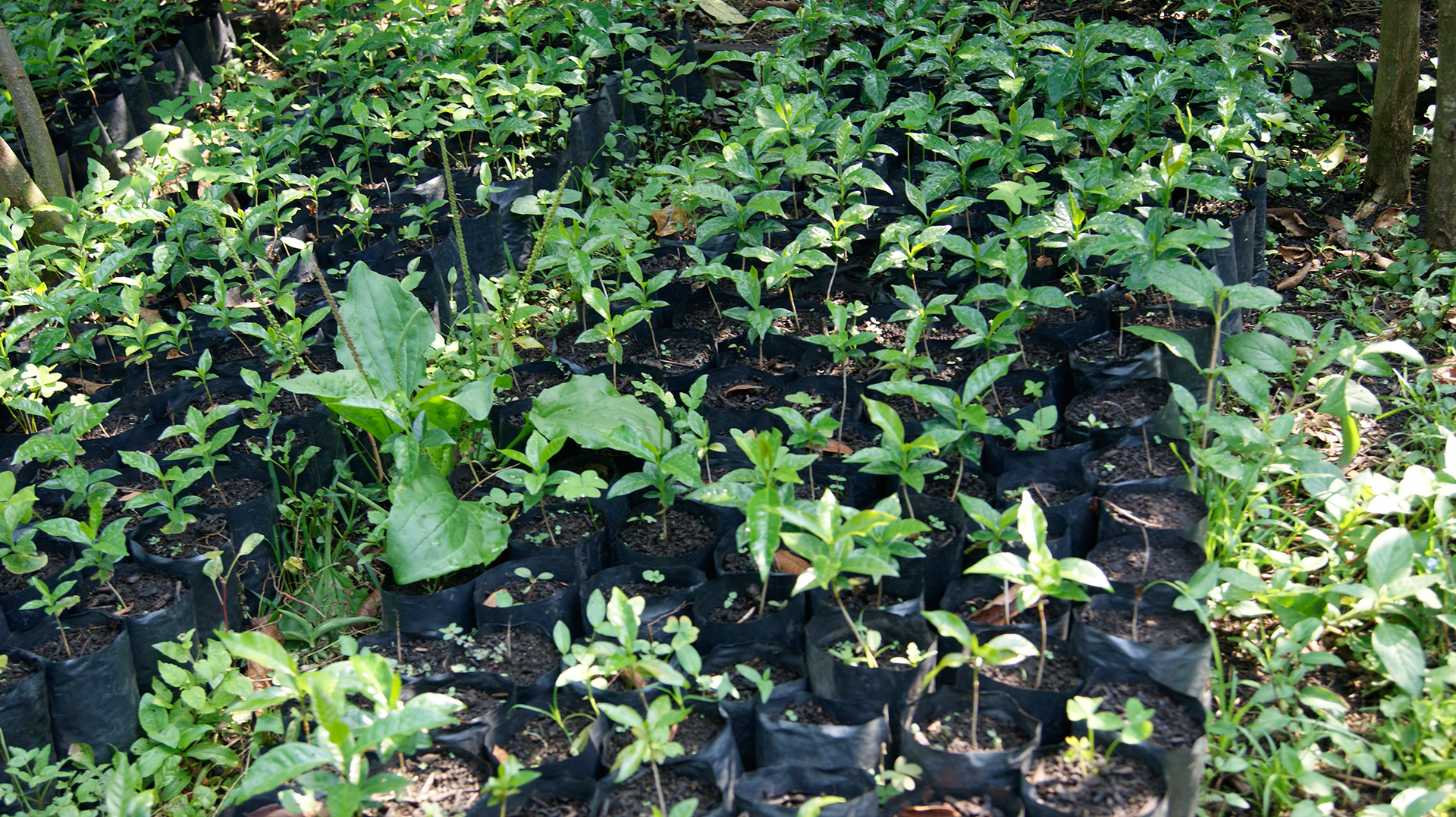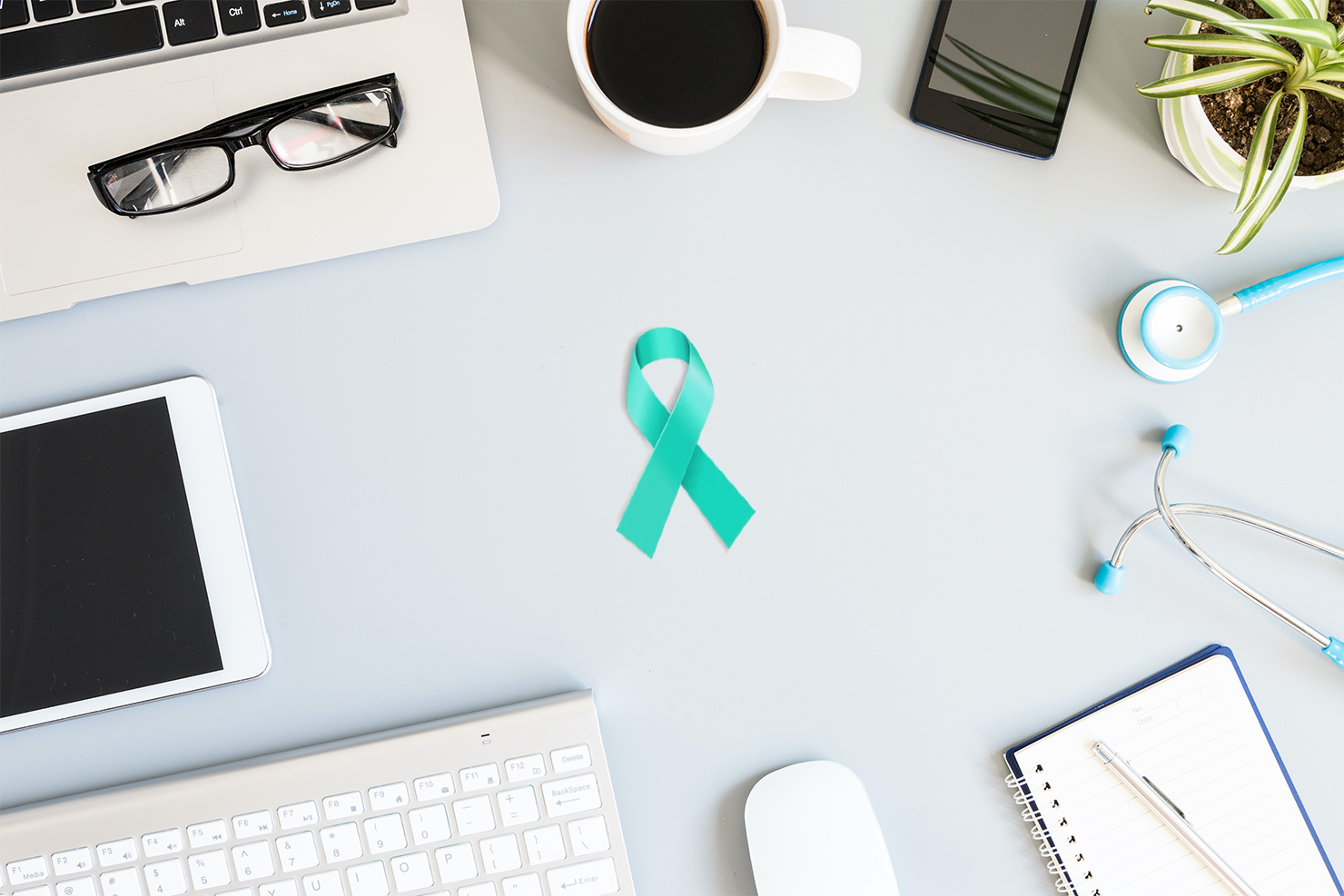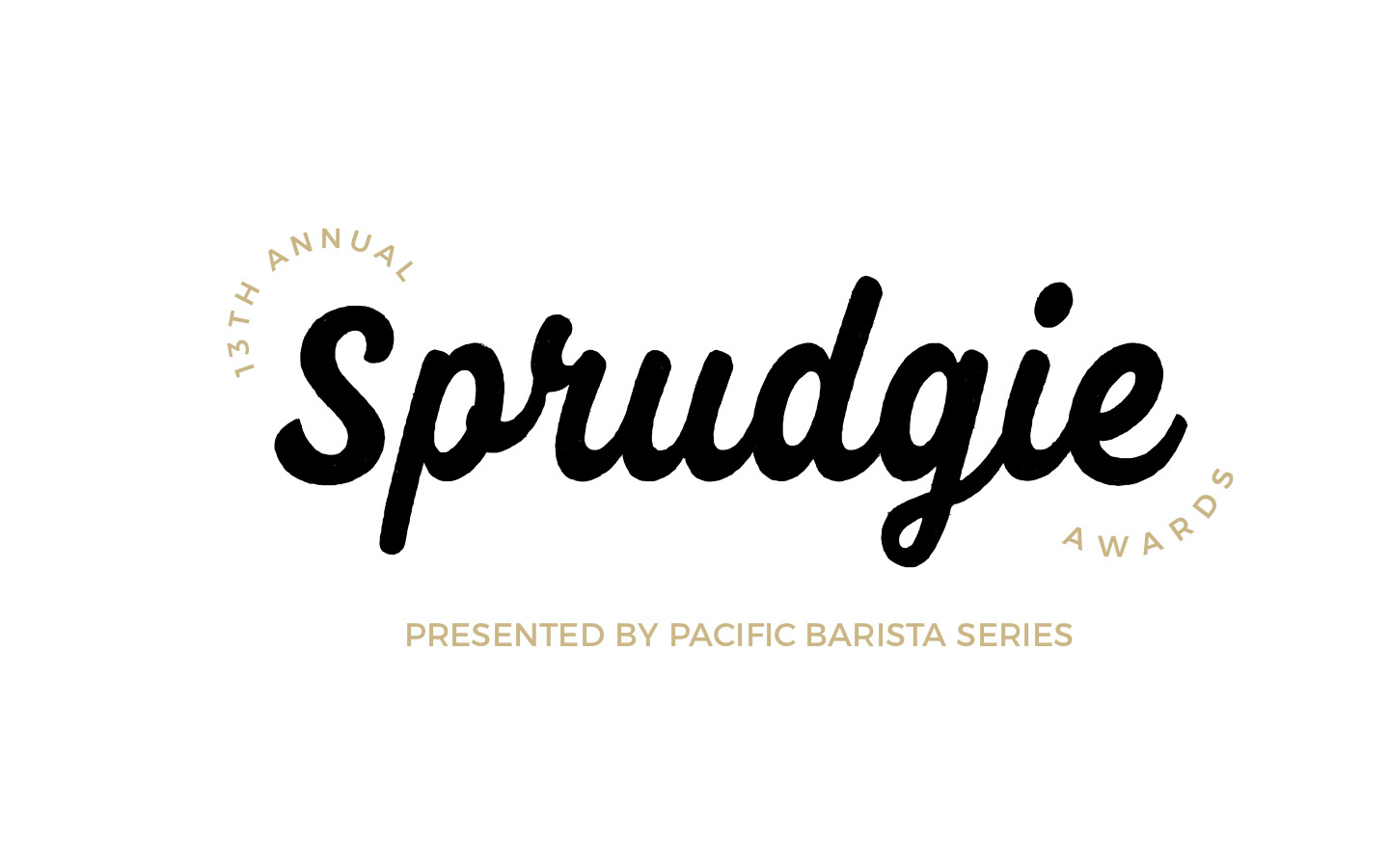There’s enough research out now to say pretty confidently that, in general, drinking coffee has a positive impact on one’s health. But that doesn’t mean that it’s all good news all the time. And a new study finds a link between coffee consumption and an increased risk of ovarian cancer.
Ovarian cancer ranks as the third most frequent gynecologic cancer—behind cervical and uterine cancer—affecting one in every 78 women and killing roughly 1% of those who contract it (especially those cases that aren’t caught in the early stages). As reported by Eat This, Not That, a new study published in the Journal of Ovarian Research to assess the factors that contribute to a person developing ovarian cancer. For the meta-analysis, researchers from the Iran University of Medical Sciences, Imperial College London, and Canada’s Nipissing University examined 226 scientific papers published on the topic, “[focusing] on any kind of risk factors on ovarian cancer.” Factors considered were far-reaching and include diseases like diabetes and endometriosis, hormone therapy, breastfeeding, hysterectomies, obesity, smoking, perineal talc use, and nutritional factors like egg consumption, fat intake, and of course coffee.
When collating the data from the studies that included coffee intake as a factor, they found that, while coffee has been shown to have a positive impact on the risk of liver and endometrial cancers, “a positive correlation between coffee drinking and [ovarian cancer] risk.” One possible explanation, per the paper, is acrylamide, a compound found in coffee that has been linked with an increased risk for ovarian cancer.
Eat This, Not That notes that though a meta-analysis of over 200 studies seems definitive, “only two to four studies” examined coffee intake as a potential factor. And the new research itself states that coffee and caffeine have been shown to have an “inverse relationship with sex hormones (testosterone and estradiol),” high levels of which “have exhibited direct association with enhanced breast and ovarian cancer.”
Given the generally positive health effects of coffee consumption and this study’s mixed findings, it is unlikely to significantly sway any person’s daily intake. But it does underpin the importance of early detection as a foundational part of a successful treatment strategy.
- World Coffee Research Releases Open-Access Genetic Database For Arabica
- Sweet, Sweet Science: Even Sugary Coffee Drinks Make You Live Longer
- Coffee Drinkers Take 1,000 More Steps A Day
- Recent Coronavirus Coffee Study “Plausible” And “Merits Further Investigation”
- Coffee Pulp May Be The Key To Reforestation
- Is Machine Learning The Future Of Coffee Health Research?
- Science Declares, And You’ll Never Believe It, Coffee Makes You Less Sleepy
- Italian Scientists Find Drinking Espresso Makes You Less Likely To Die
- Despite What Your Parents Told You, Coffee WON’T Stunt Your Growth
- Study Finds “Startling” Levels Of Microplastics Leaching From To-Go Cups
- Coffee Before Breakfast May Adversely Affect Metabolism And Blood Sugar
- Brew Temperature Not That Big Of A Deal, New SCA Study Finds
Zac Cadwalader is the managing editor at Sprudge Media Network and a staff writer based in Dallas. Read more Zac Cadwalader on Sprudge.






















